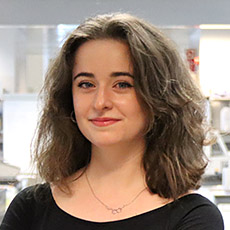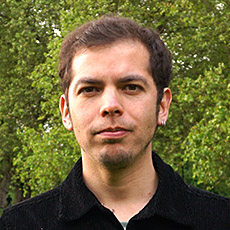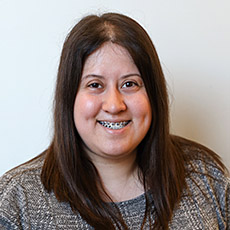Mitochondrial diseases manifest with a wide range of symptoms, affecting various organs and tissues in our bodies. Thanks to technology, scientists have identified most of the DNA mutations responsible for these diseases, yet we still do not fully comprehend what determines this diversity. One cellular adaptation mechanism to cope with the accumulation of defective material inside cells is the secretion of this damaged content in the form of vesicles. These vesicles can be taken up by neighbouring cells or cells located at distant sites enabling a broader effect. Furthermore, it has been observed that these vesicles can carry mitochondria, which may have negative effects on the recipient cells. The objective of my project is to study these vesicles by characterizing their number, content, and effects on neighbouring cells, focusing on cell types typically most affected in mitochondrial diseases, such as muscle cells and neurons. The results of the experiments in cellular models will be confirmed and validated in blood samples of patients with mitochondrial diseases. I believe that the proposed research will reveal new ways how mitochondria can participate in communication between different cells in the body, potentially improving cell survival and future therapy development in mitochondrial diseases.




